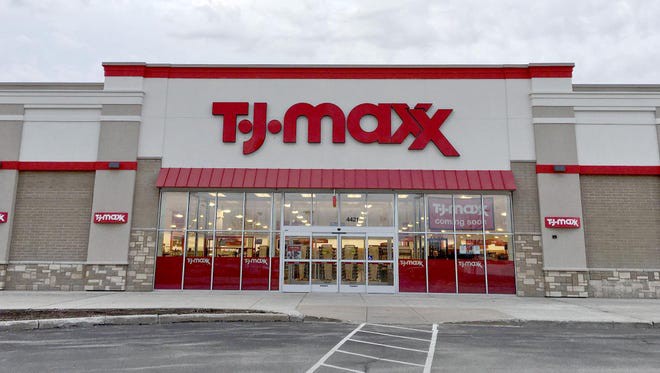Declining Discount Deals
Discount stores are known for selling designer/brand name products at a very large discount. In the last few years, discount stores have lost tons of products and have gained customer interest.
While discount stores originated in the United States they have now expanded to Australia, Europe, Latin America, and Japan. The most popular discount store in the world was Walmart which was the first discount store to open internationally. From the late 1900s to the beginning of the 21st century Walmart was the leading discount store retailer in the world.
Department stores (Macy, Nordstrom, JCPenney, and more) make large orders or clothes with a variety of sizes and colors. Oftentimes, these large stores buy too many clothes and they don’t always sell out. Where do they end up? Discount stores, they negotiate prices to get the best deal and then sell the item/product at their store for 20-60% lower than the original price. Discount stores can sometimes be referred to as “off price stores” because of their ongoing deals.
Few discount stores are closely related to department stores due to the fact that they sell various types of products thus leading to the name of discount department stores. Discount department stores don’t specialize in a single product (these include: T.J. Maxx, Ross, Burlington, Marshalls etc.). On the contrary discount stores like Home Depot and Staples specialize in specific things like hardware/construction and office supplies respectively.
Discount (department) stores have three main methods of getting clothes or furniture from department stores. The most common method is buying leftover products at the end of a season, allowing them to buy them at a low price and to be sold for an even lower price. The second method is buying excessive merchandise from department stores that they don’t sell. Lastly, in some cases discount stores can buy an order that a department store cancels.
According to CBS Boston, previously some stores such as Under Armour, Ralph Lauren, Carter’s, Steve Madden, and most recently Levi’s have decided to stop selling clothes to discount stores. The pandemic has benefited the stores veering away from discount stores. Due to the supply and demand, it made it easier for department stores to diverge from them. The pandemic has caused a large decline in supplies, but customers are still wanting products.
Under Armour has found various ways to get rid of unsold clothes (rather than giving them to discount stores) including online websites and factory stores. According to David Bergman, Under Armour chief financial officer stated, “We have reduced the amount that we’re selling to the third-party off-price channel…they are going to pay a little bit more to us”.
Not only are discount stores losing adult and teenage clothes but also baby clothes. According to CBS, Reporter Nathaniel Meyersohn has stated that Carter’s has shipped 50% less of their baby clothes to discount stores in 2021 compared to 2019. Similarly to Under Armour the CEO – Michael Casey – of Carter’s is turning to its online store or holding their products until another season and the last resort would be a discount store.
Carter’s along with Ralph Lauren have stopped making products particularly for discount stores.
When CBS reporter Nathaniel Meyersohn reached out to the various discount stores asking how their company was going about the changes. T.J. Maxx stated “Stores will be frequently updated with new and on-trend items, and customers will be able to find a strong selection of gifts and home decor during the holiday season from its ever-changing mix of merchandise.” According to Meyersohn, Burlington “declined to comment” and Ross “did not respond to requests for comment”.
On November 8th, UBS retail analyst released a research note that discount stores, specifically Ross and Burlington had a decline in seasonal goods compared to previous years. Additionally, higher end clothes and popular sportswear were very rare and hard to find.
How does T.J. Maxx stays in business if they buy clothes and sell them for similar prices (to the price they bought) or slightly less? T.J. Maxx makes merchandise that they only sell at their store. Additionally, discount stores don’t decorate their stores or make them look appealing to customers, allowing them to save a lot of money.






